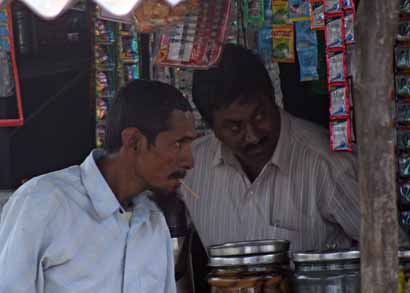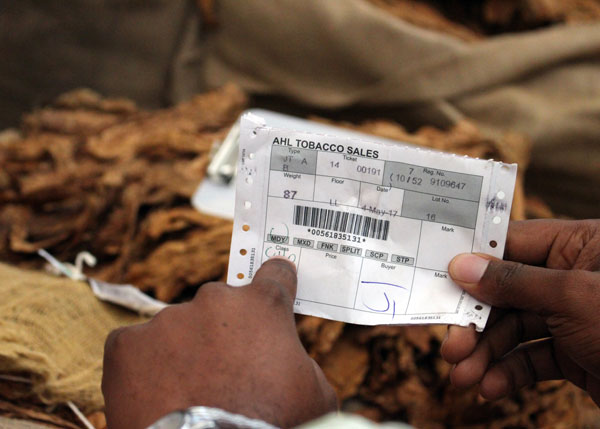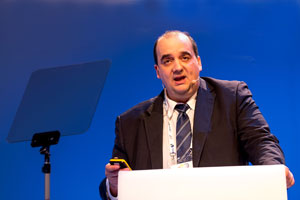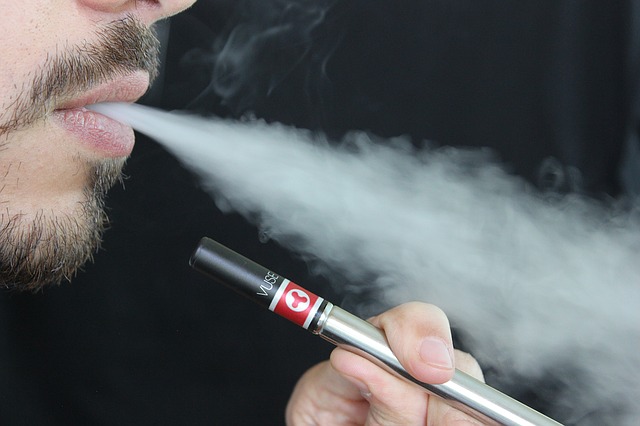About 5,000 transport-service workers in Mumbai, India, have quit using chewing tobacco by switching to another, tobacco-free chewing product, according to a story in the latest issue of the BBM Bommidala Group newsletter.
The story said that more than 5,500 Brihanmumbai Electric Supply and Transport Undertaking (BEST) employees had been found to be regular tobacco users, 90 percent of them chewing tobacco users.
The employees were mostly drivers and conductors.
BEST’s medical doctors reportedly switched the small boxes these drivers and conductors used to carry their mixtures of tobacco, areca nut and slaked lime for canisters containing a mixture of fennel seeds, cinnamon, carom seeds, clove and rice powder.
The replacement mixture was said to be devoid of the health risks associated with tobacco.
The result was that ‘nearly all’ of the drivers and conductors quit their chewing tobacco mixtures and, presumably, continued with the new mixture.
Doctors associated with the project said the new mixture worked because it mimicked the typical chewing-tobacco experiences of rubbing the ingredients in the palm of the hand and holding them in the mouth for long periods.
There was no mention of how, specifically, nicotine addiction was addressed; or, indeed, whether nicotine addiction was ever a factor.
The Ministry of Health is said to be seeking to replicate the experience nation-wide.










